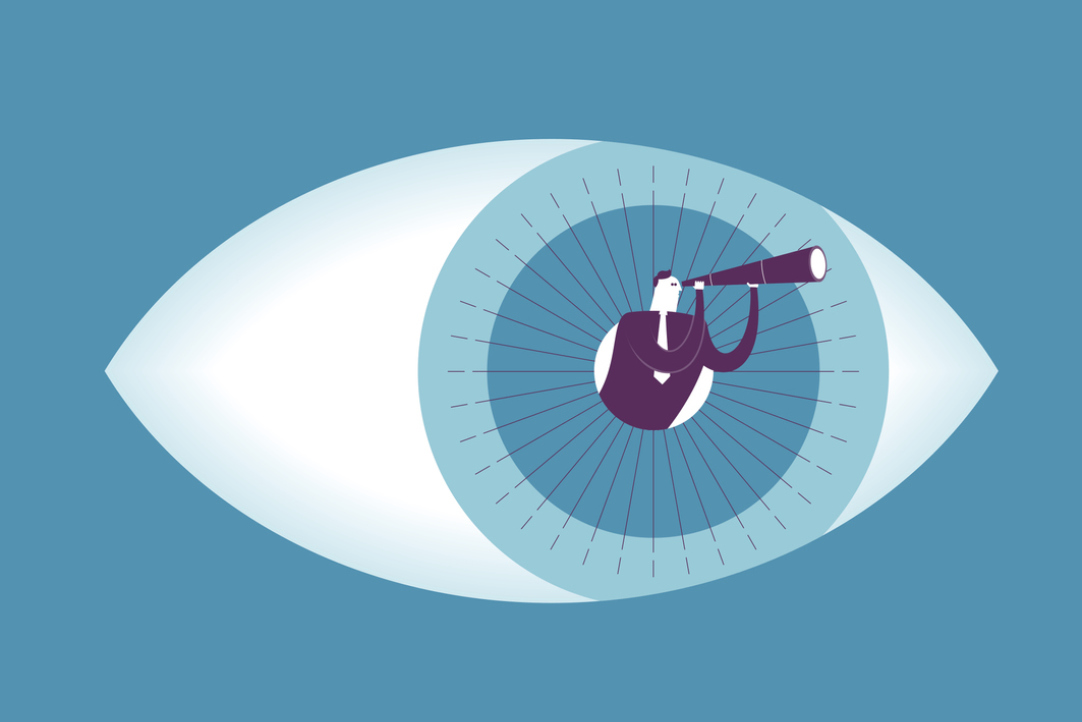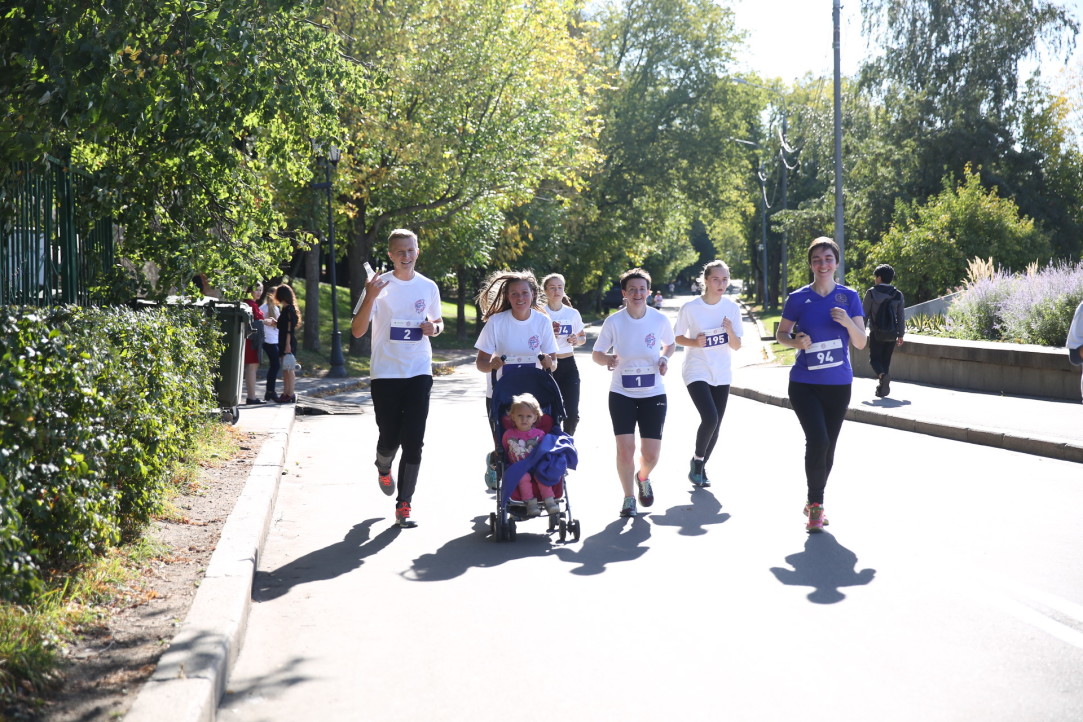
Attention Priority Map Explains Unusual Visual Search Phenomena
Researchers from HSE University and Harvard have found that the grouping of multiple elements in a visual display does not affect the search speed for an element with a unique combination of features. The Guided Search theory predicted such results. The study is published in the Journal of Vision.

The Kings of Remote Work: HSE Experts Dispel Myths and Stereotypes about Freelancers
Due to a longstanding lack of evidence-based information about freelancers, Andrey Shevchuk and Denis Strebkov, senior research fellows at the HSE Laboratory for Studies in Economic Sociology, have endeavoured to dispel misconceptions about this growing class of workers. Though remote work has become particularly relevant during the pandemic, the researchers identify several trends that have determined the direction of the remote job market even before the coronavirus outbreak.

Quality of Life or Medicine? HSE Researchers Learn the Key to Living Longer
Everyday living conditions — income, housing, and sanitation — affect health and life expectancy more than the availability and quality of medicine. At the same time, the health system itself plays a crucial role in treating infection. This is what a recent study by researchers of HSE University has found.

HSE Faculty of Chemistry Scientists Discover New Anti-cancer Molecule
A group of Moscow scientists has discovered and explained the activity mechanism of a new anti-cancer molecule — diphenylisoxazole. This molecule has been shown to be effective against human cancer cells. The research, published in the journal Bioorganic & Medicinal Chemistry Letters, makes it possible to produce an affordable cancer treatment drug.

From Future to Present: How the Coronavirus Crisis Opens up New Opportunities for Domestic Business
The pandemic has put global development on hold and this is a chance for Russia to occupy market niches that were previously closed. But innovation should become as essential as air and, without information technology, new niches will still not be open. Alexander Chulok, Director of the HSE UniversityCentre for Science and Technology Foresight, spoke about this in a special report at the global conference‘Accelerate Global 2020’.
Artificial Intelligence Can Now Predict Students’ Educational Outcomes Based on Their VK Posts and Tweets
The new model, created by computational social scientist Ivan Smirnov of HSE University, predicts the academic success of Russian high school students with an accuracy of 94%. The model generates its predictions based on users’ distinctive vocabulary and speech patterns, and the predictions have strongly correlated with students’ Unified State Exam (USE) scores.

Research Only: How Academic Tourism Went Online and Why Scholars Like It
On October 23 – 24, 2020, the IX International Moscow Finance Conference will take place. The event has been organized jointly by ICEF and the London School of Economics. This year, the list of participants includes the editors of the two biggest journals in economics. Alexei Boulatov , Tenured Professor of HSE University, spoke about how the online format influenced the quality of academic events, what has changed in academic life over the last few months, and the topics that interest researchers today.

Gender Asymmetry Affects Labour Market
According to Natalia Tikhonova, a social scientist with HSE University, gender asymmetry has been on the rise in Russia's labour market over the past 20 years. Gender asymmetry is reflected in the ‘feminisation’ of white-collar jobs and a disproportionate number of men among blue-collar workers. In addition to this, increasing automation in traditionally male industrial sectors is leading to fewer jobs available to men. In contrast, occupations with a growing demand for skills tend to be those which are mainly filled by women.

Psychology and the Social Effect of Alcohol Consumption: The Latest ‘Sociology of Markets’ Seminar Held at HSE University
Experts from the Laboratory for Labour Market Studies presented a report entitled ‘The Impact of Non-Cognitive Characteristics on Alcohol Consumption’ at HSE University. They talked about how different character traits affect the degree of dependence on alcohol.

HSE University Presents First Global Cities Innovation Index
According to HSE University’s Global Cities Innovation Index, New York and London are the world’s most attractive megacities to innovators implementing creative and technological initiatives. Moscow ranked among the rating’s top ten cities, leading in the areas of ‘Innovation Infrastructure’ and ‘Digital Infrastructure and Services’. HSE researchers presented the index at this year’s Open Innovations Forum.

